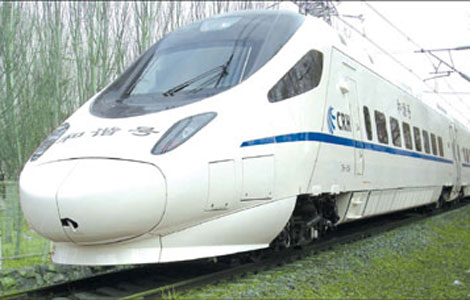Economy
Gap in work wages widens, says report
Updated: 2011-04-25 13:27
By Wang Wen (China Daily)
The gap between the capital's highest- and lowest-paid workers widened by almost 13,000 yuan in just three years, according to new statistics.
A survey of employees across 17 industries by researchers at the Beijing Academy of Social Sciences found the income divide stretched from 26,818 yuan in 2006 to 39,087 yuan in 2009.
| ||||
The biggest earners were in financial insurance, states the report, with the lowest in industrial and wholesale retail and catering. The lowest of the low were security guards.
"The income disparity is serious. With the increase in consumer price index, people can buy even less with their salaries," said sociologist Zhou Xiaozheng at Renmin University of China. The Beijing index rose 5.1 percent in 2008 before decreasing by 1.5 percent in 2009, while last year saw an increase of 2.4 percent.
The blue book shows the average yearly income was 26,800 yuan in 2009, equivalent to 2,233 yuan a month. The figures do not include bonuses, overtime payments or social security contributions, unlike those released by the Beijing Bureau of Statistics last July that set the average wage at 48,444 yuan.
As most will expect, housing costs were the biggest drain on workers' incomes, with 34.9 percent spending up to 40 percent of their annual salaries on rent or mortgages. Li Qilin, a 26-year-old Beijing journalist, said he has had to cut back on meals and clothes to cover loan repayments on his 56-square-meter apartment. He pays 3,200 yuan a month, 45 percent of his income.
Authors of the blue book also compared Beijing's housing space per capita with New York, London and Tokyo and found that, while the average in the three foreign cities is 57.33 square meters, the Chinese capital's is only 28.81 square meters.
Specials

Models gear up car sales
Beauty helps steer buyers as market accelerates.

Urban breathing space
City park at heart of industrial hub positions itself as top tourism attraction

On a roll
Auto hub Changchun also sets its sight on taking lead in railway sector



